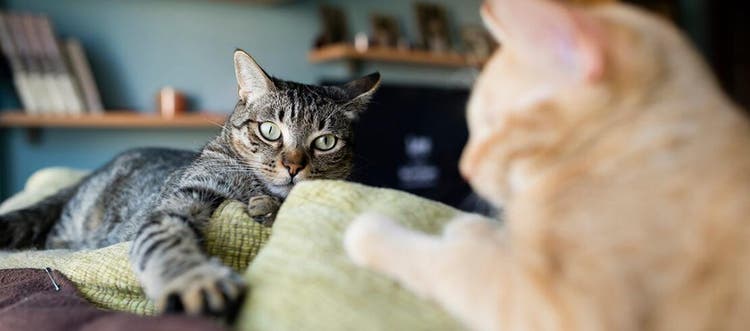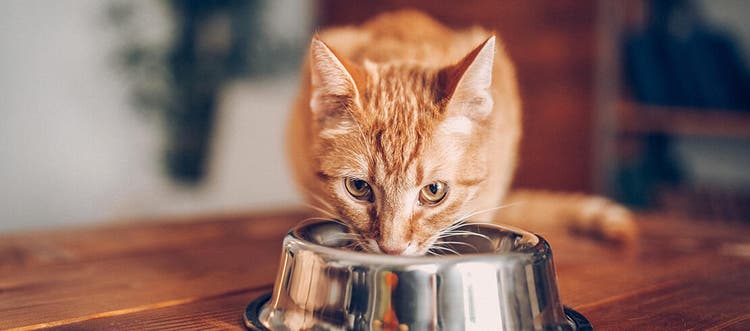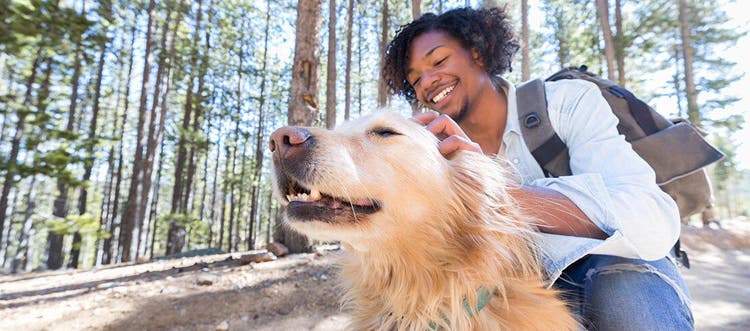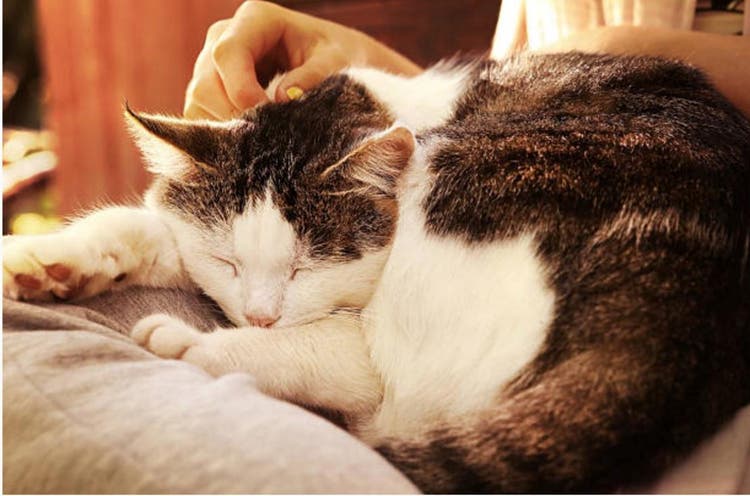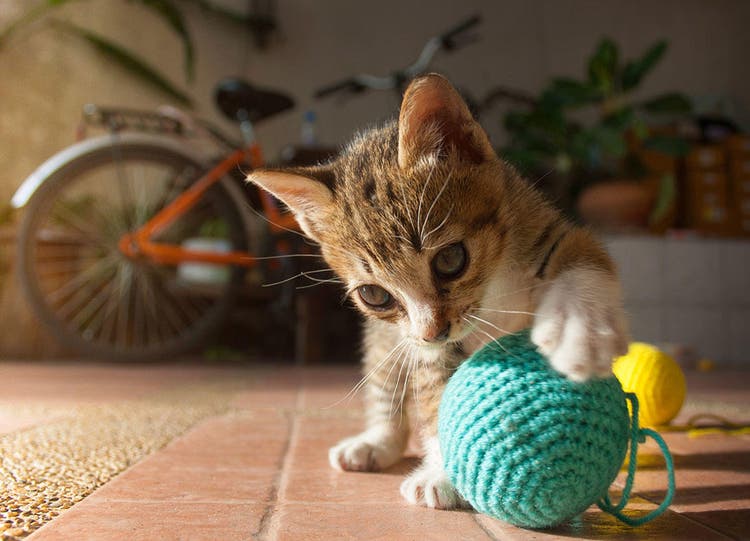Reviewed by Dr Sylvia Shortreed BVSc
While drooling in dogs is common, cats are much less likely to have problems with excess saliva. Learn what can cause your cat to drool and what it means for their health.
In most cases, a little drool from your cat is nothing to worry about, particularly if they have exhibited this behaviour their entire life. Some cats drool if they are happy or particularly nervous. Indeed, if your cat is drooling when purring, it’s a sign that they are relaxed and content.
But at other times, excessive drooling can be a signal that something is wrong with your cat. If your cat’s drooling is sudden or abnormal, take them to a vet to get checked out.
Four reasons your cat may be drooling
1. Mouth disease and tooth decay
Mouth disease or tooth decay are common causes of drooling in cats. The buildup of tartar can rub against the inside of your cat’s mouth, causing it to produce excess saliva. To check for this, gently pull back your cat’s lip and take a look at its teeth. If the teeth have a stony texture or are brown, or if the gums are red or bleeding, you should get them checked by your vet, as they may need treatment including a scale and polish. Besides dental disease, cats can also have growths or ulcers on their gums or tongue that can result in drooling. Often the drool will have a malodourous smell due to secondary bacterial infections. If you notice any of these symptoms, a trip to your vet is your first point of call.
2. Foreign objects in your cat’s mouth
While you’re checking your cat’s teeth, look for anything that might be stuck in its mouth, around the teeth or tongue, or in the back of the mouth, such as a piece of string or a small object that might be causing discomfort. Some plants can also cause drooling as well as sickness, so check if your cat has been eating something they should stay away from. A vet visit might be necessary to remove a foreign object if you cannot do so easily.
3. Anxiety and nausea
Drooling can also be a sign of anxiety or nausea. “Nausea can signal anything from a temporary tummy upset to something of more concern, like inflammatory bowel disease or intestinal cancer,” says veterinarian Dr Judy Morgan.
“If drooling lasts more than a few minutes or is occurring continuously or regularly, it's definitely time for a veterinary exam.”
It's best to call your vet to make sure.
4. Heatstroke
Heatstroke is another cause of drooling in cats, particularly in the summer. This condition is not as common in cats as in other animals, but if your cat has been out in the sun for several hours without drinking water, it could develop heatstroke.
Heatstroke can be dangerous, so make sure to offer plenty of fresh, clean water, and try to keep your cat indoors in a cool place on very hot days.
Other signs of heatstroke can include:
- Restless behaviour
- Rapid pulse and breathing
- Red tongue
- Vomiting
- Lethargy
If you suspect your cat may be suffering from heatstroke or any of the other conditions listed above, take them to the vet as soon as possible.
